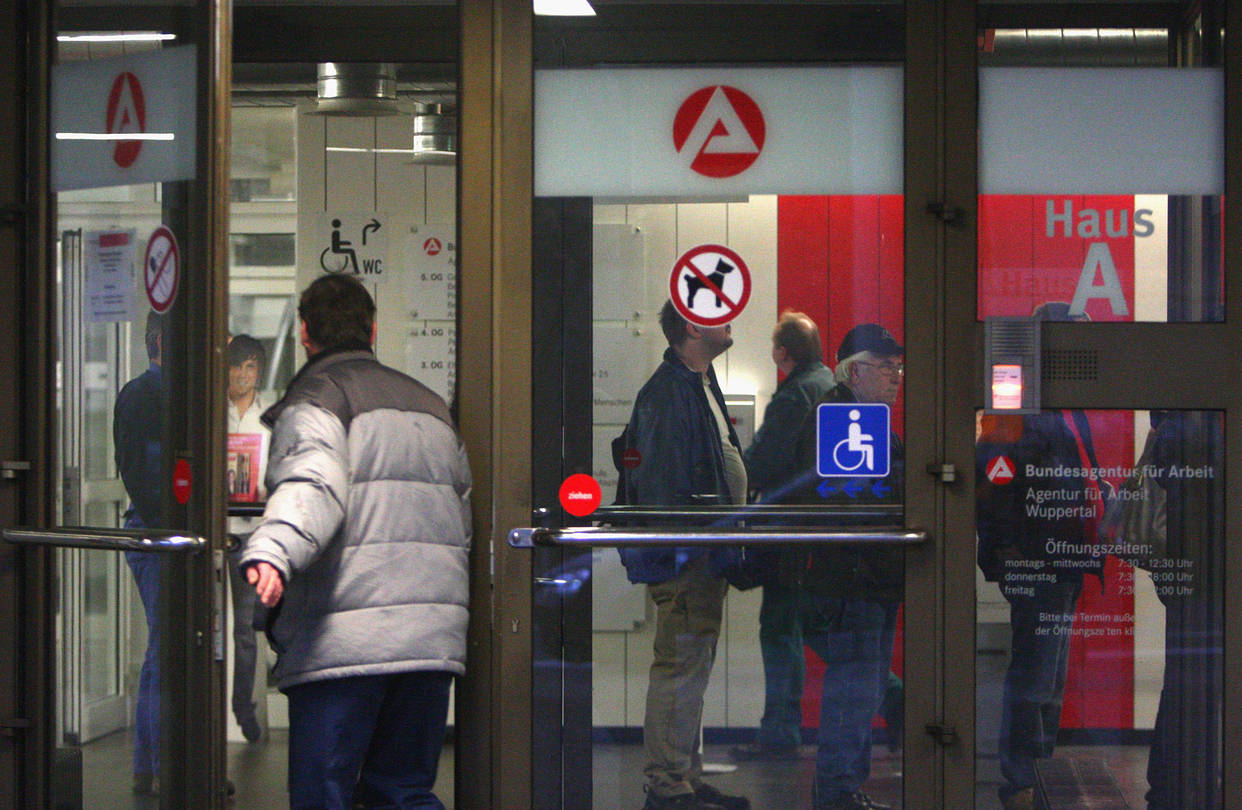3850
0
Unemployment is increasing significantly in Germany
For 14 years, Germany has had more people in employment every year. But the corona pandemic will suddenly end the upward trend in 2020. In particular, people in poorly secured jobs and self-employed are feeling the effects of the crisis.

Yazar: Tom Roberts
Yayınlanma: 6 Ocak 2021 21:35
Güncellenme: 23 Şubat 2026 22:55
Unemployment is increasing significantly in Germany
After 14 years of growth, the number of people in employment in Germany fell for the first time in the Corona year 2020. An annual average of 44.8 million people had a job in Germany or were self-employed, according to the Federal Statistical Office. That was 1.1 percent less than in 2019 and 0.2 percent less than in 2018. The number of unemployed climbed significantly by 34.5 percent to 1.85 million. According to the statistics, poorly secured jobs in particular were lost, while employees subject to social security contributions were often put on short-time work. The number of self-employed people and their relatives who help out fell even more sharply than in previous years to 4.0 million. In the services sector, the number of employees fell particularly sharply in the retail, transport and hospitality sectors by 2.0 percent and at industry-related service providers (-2.5 percent) including temporary work. However, there were additional jobs in the public service, education and health. In industry, the number of people in employment fell by 2.3 percent to around 8.2 million during the crisis. The bright spot here was the construction industry with an increase of 0.7 percent. In the 14 years before, the number of employees had risen steadily, with immigration and greater labor force participation by residents more than offsetting the demographic effects of an aging society. Immigration was made more difficult under Corona conditions and the domestic workforce is considered to be visibly exhausted.İLGİLİ HABERLER





European stocks soared and focus shifted to German retail sales after Powell's speech!

Forex Signal For TRY/USD: Inflation Slowdown in November.

Forex Signal For GBP/USD: Bullish Trend Still Not Breaking While Recovery Continues.

Forex Signal For EUR/USD: Starry US Data Points to Higher Fed Increases.

Forex Signal For BTC/USD: Downside Continues as Bitcoin Recovery Moves Less.
En Popüler Haberler
Yorum Yap
Yorumlar
Henüz yorum yapan yok! İlk yorumu siz yapın...